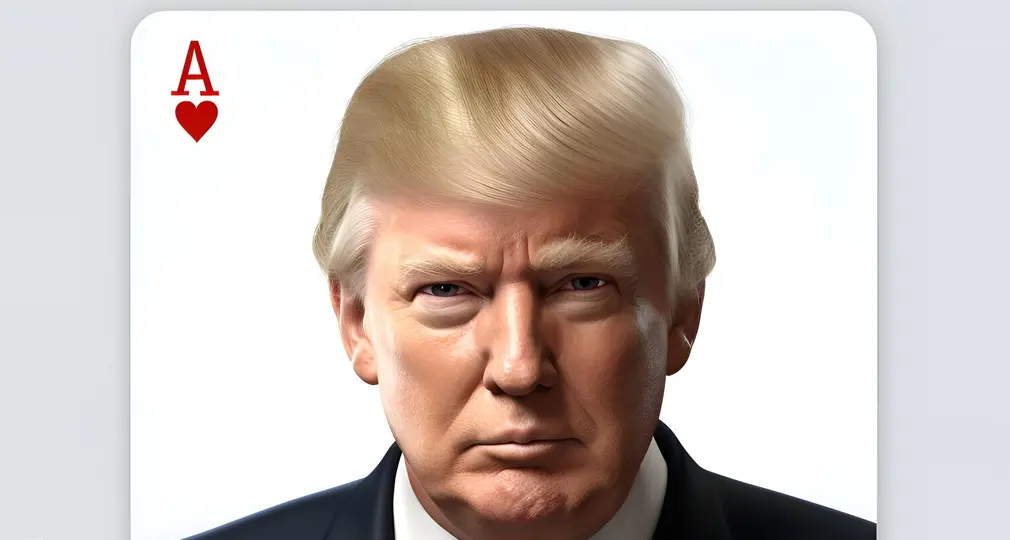Billionaire Donald Trump never misses a chance to discuss his wealth. He considers his ability to make money one of his greatest strengths. In this article, we explore how he built his fortune.
Donald Trump’s Financial Success
Trump claims to have over $10 billion, though estimates from reputable business publications place his net worth between $2.9 and $4.5 billion. These discrepancies arise because many of his businesses are privately held, making their valuation difficult.
Inheritance
Trump’s financial journey began with his father, Fred Trump, a real estate developer specializing in New York’s outer boroughs. Known for his cost-cutting strategies, Fred accumulated a fortune estimated at $1 million. More importantly, he developed strong connections with bankers and politicians, giving his son a strategic advantage in high-profile real estate projects in Manhattan.
New York Skyscrapers
In 1976, Donald Trump partnered with Hyatt Organization to purchase the Commodore Hotel. The deal’s details remain undisclosed, but the hotel was financially struggling and owed the city $1.5 million. Trump’s negotiation skills proved instrumental—he secured a 40-year tax abatement, saving around $160 million. Twenty years later, he sold his stake for $142 million.
Trump continued investing in real estate, acquiring the Plaza Hotel and the former Bank of Manhattan skyscraper, which was transformed into Trump Tower. Today, this building remains the headquarters of the Trump Organization and his personal residence.
Branding: The Key Revenue Source
Although Trump’s initial wealth stemmed from real estate deals, his most valuable asset is his brand. In the 1980s, he began licensing his name, increasing its public recognition through television appearances and even political campaigns. Today, numerous companies pay him to use the Trump name in their branding.
Business Acumen
Trump inherited not just wealth but also his father’s frugal business tactics. He aggressively negotiates contracts, often seeking opportunities to revise terms in his favor. He claims that he successfully renegotiates deals in 10–15% of cases.
This approach has led to numerous lawsuits against him, but he also frequently initiates legal battles when profitable. For instance, he sued Deutsche Bank for refusing to finance a construction project and filed a lawsuit against a Miss USA contestant for criticizing his show.
Legal Maneuvers
Trump has repeatedly used legal strategies to navigate financial crises. In the late 20th century, his businesses faced $3.5 billion in debt. Over the past three decades, he leveraged bankruptcy laws to force creditors to write off portions of his debts on four occasions.
In some cases, he relinquished ownership of buildings while still maintaining his name on them, preserving his brand value.
His biggest financial challenge came with the bankruptcy of the Trump Taj Mahal casino in Atlantic City. To settle his $900 million debt, he was forced to surrender his share of the casino, sell his airline, and part with his luxury yacht.
Global Ventures
Despite his controversial statements about foreign governments and ethnic groups, Trump has conducted business worldwide.
For example, while advocating against Mexican immigration, he owned the Baja Mexico resort, personally urging investors to fund condominium projects that never materialized. When legal issues arose, he distanced himself, claiming his name had been used without his direct involvement.
He has also criticized foreign imports while allowing his branded apparel to be manufactured in Mexico. Similarly, despite opposing China’s economic influence, he sought Chinese investors for a business project.
The Trump Brand: A Global Symbol
Trump’s willingness to associate his name with anything—from architectural landmarks to socks and food products—has made his brand globally recognizable. However, his political career has shaped new perceptions of the Trump name, making its future impact uncertain.
Read more: Best Trading Platform for Beginners














